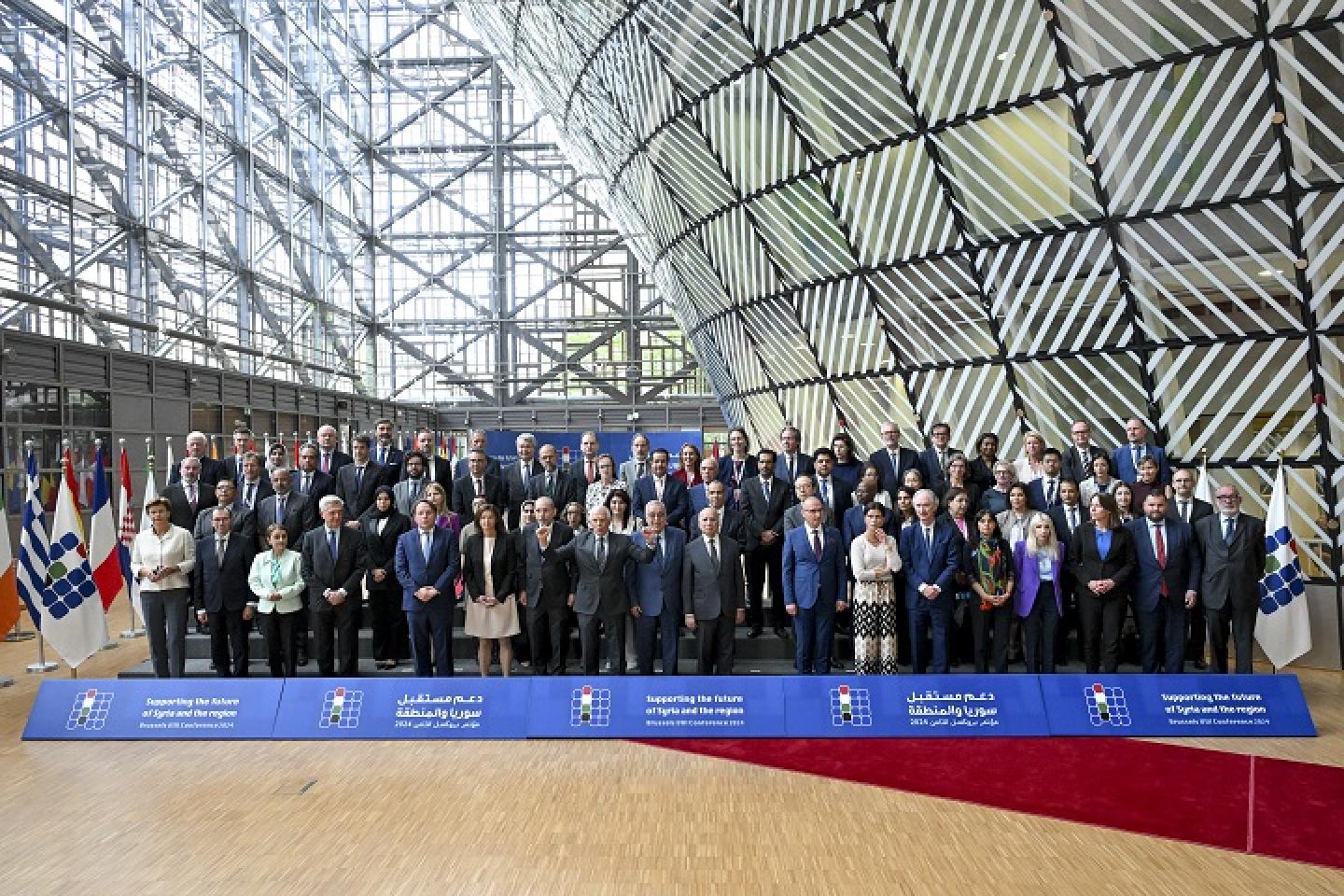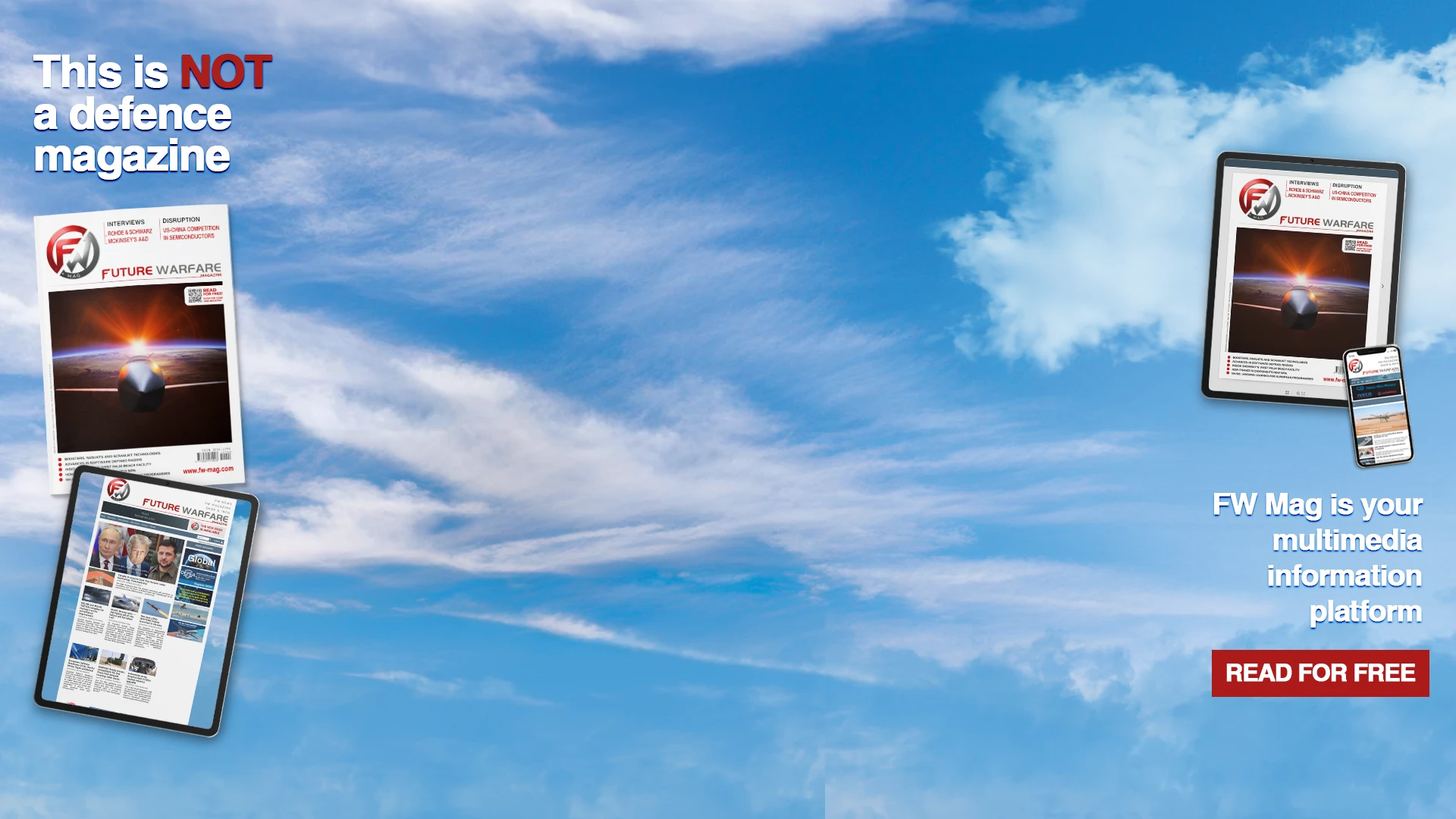
The newly appointed EU High Representative Kaja Kallas announced on 16 November in Brussels that the bloc is sending a top diplomat to Syria to engage with the provisional government of Hayat Tahrir al-Sham (HTS), a group still broadly designated as a terrorist organisation.
The move signals Brussels' willingness to normalise relations with the group, which led the final offensive against Bashar al-Assad's autocracy and is now heading Syria's political transition. During her first EU Foreign Affairs Council, Kallas emphasised that Syria must be rebuilt in accordance with the "principles of territorial integrity; sovereignty; [and] accountability," which the EU recently agreed upon with Arab countries, Turkey, and the United States in Jordan.
However, uncertainties remain. Highlighting Syria's complex post-conflict environment, Kallas noted that there are "a lot of doubts" about HTS's ability to deliver stability and peace. The group has been blacklisted for its ties to Al-Qaeda and involvement in violent acts, including attacks on civilians and humanitarian infrastructure.
Kallas explained that the accountability of the new government will need to be rigorously assessed. "We need to see that these steps [to rebuild the country] go in the right direction. […] Everybody wants stability in Syria," and peace. What is certain, Kallas added, is that: "everybody wants […] to avoid the mistakes [made] with Libya and Afghanistan," where "there was a vacuum left."
Another significant issue for the EU's future relations with Syria is the presence of Russian military bases on Syrian territory. The High representative explained that "many foreign ministers" have emphasised that the removal of them "should be a condition for the new leadership, [along with getting] rid of Russian influence there, because it is a base where they also conduct their activities" in Africa and neighbouring regions.
Russia, alongside Iran, was a key backer of Assad during Syria's brutal civil war. Moscow provided military assistance, including airstrikes, weapons, and diplomatic support at the UN, shielding Assad from international sanctions. Iran, along with its proxy Hezbollah, contributed with fighters, weapons, and financial aid to help Assad retain control over key territories. "Russia and Iran also should not have a place in Syria's future," Kallas said.
A general direction, and further steps towards new Syrian situation are expected to be discussed at the forthcoming European Council, later this week. Besides the already mentioned principles linked to the reconstruction of the country, leaders will push for “safe, voluntary and dignified return of Syrian refugees as defined by the UNHCR,” according to EU diplomatic sources.
Besides Syria, Russia was another major topic for the foreign ministers, who approved new sanctions against Moscow. For the first time, the EU targeted Russian "destabilising activities against the EU" as well as sanctioned Chinese drone manufacturers as part of the 15th sanctions package.
This, Kallas explained, who has always been a strong advocate for robust action against Russian aggression, is a "very clear" message to China, which has been militarily supporting Russia in Ukraine and is widely viewed as a future geopolitical challenge. "Helping Russia in this war also has a cost for China. We have to be very clear on this, because we should not make the mistake that we have done with Russia."








